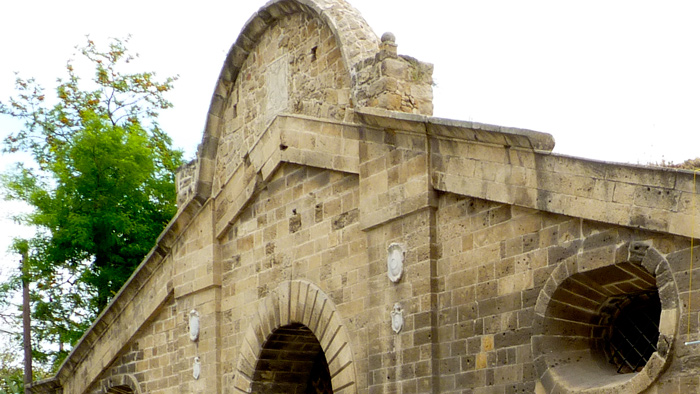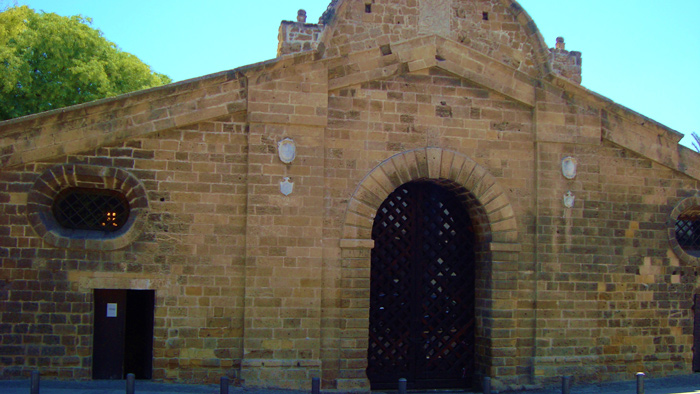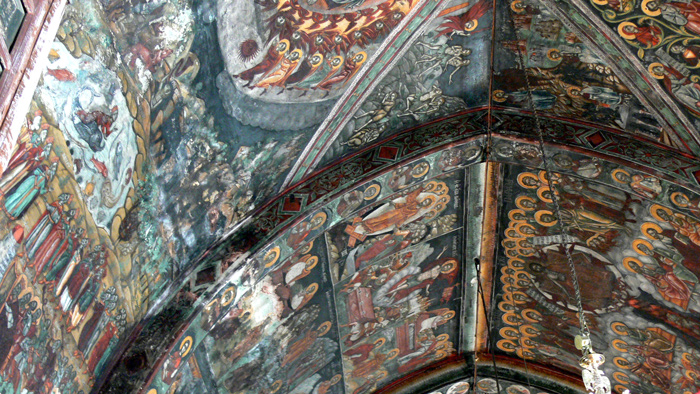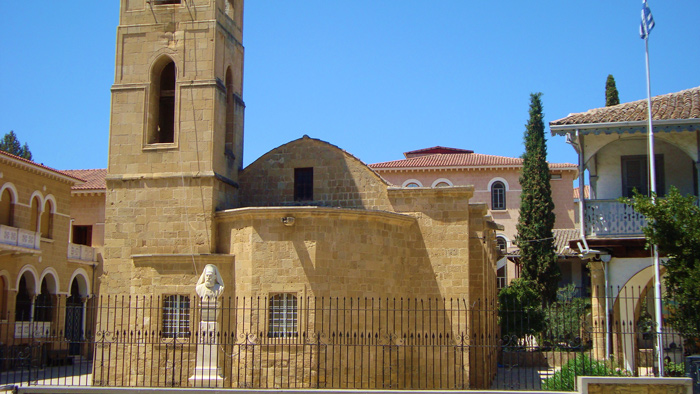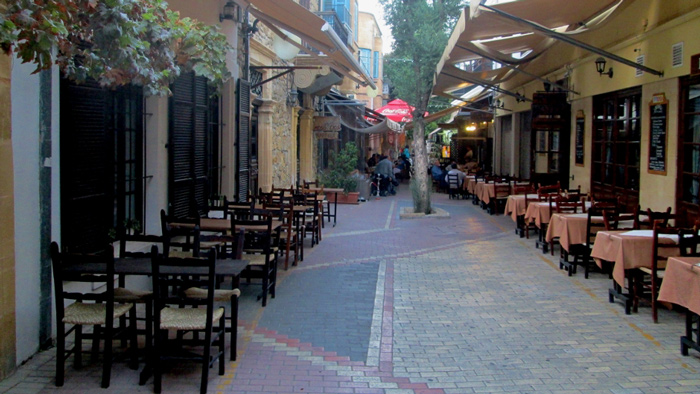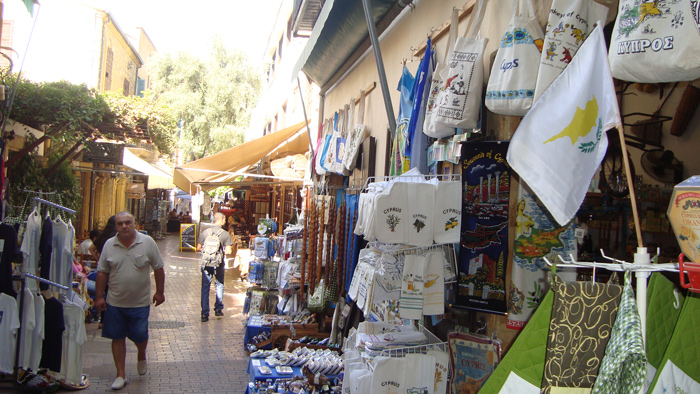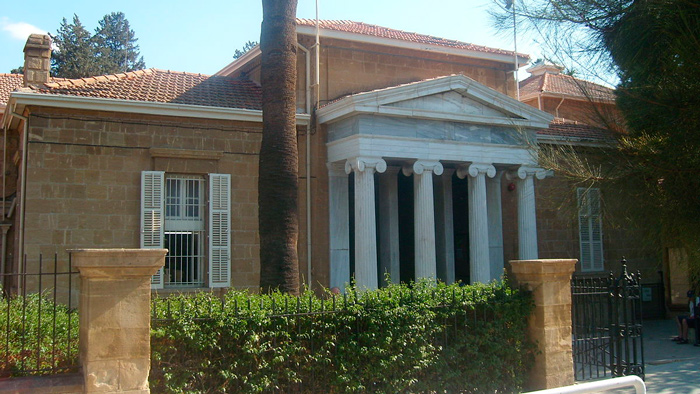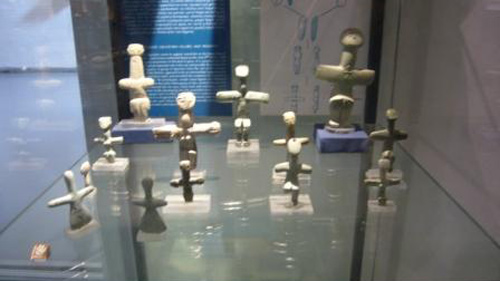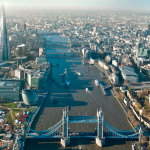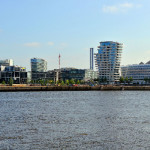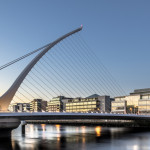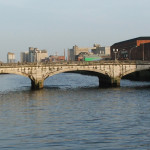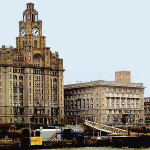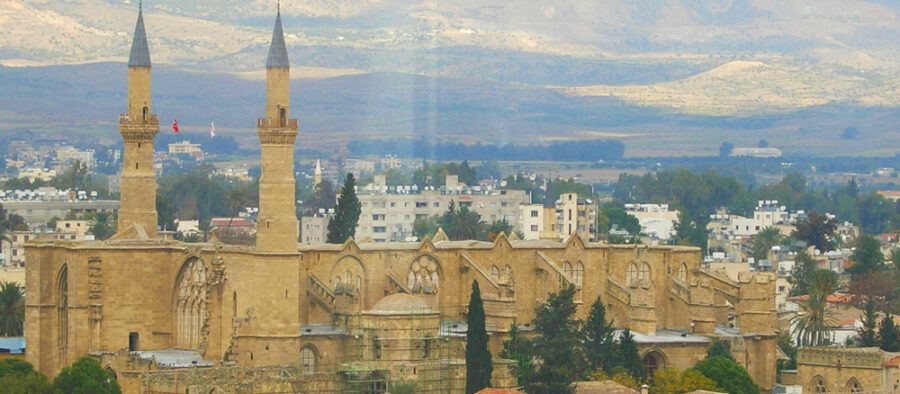
27 May Nicosia
Around the split city of Nicosia is a Venetian city wall. Along the small, meandering streets, near the Famagusta Gate, is Archbishop´s Palace and St John´s Cathedral. An attraction worth to see is also the neighborhood of Laiki Yitonia, which has obviously been an amusement area before.
[adinserter block=”14″]
What to do and see
Famagusta Gate (Pyli Ammochostou)
The original gate of the city wall, Famagusta, has been reconstructed excellently. Near the gate is, among other attractions, Cyprus Folk Art Museum (also known as Ethnographic Museum of Cyprus). Also the Green line with its notorious reputation passes right there, near the gate. It separates the Republic of Cyprus from the northern side of the island occupied by the Turks.
St John´s Cathedral (Agios Ioannis)
This famous cathedral has been built in the year 1665, replacing the former Benedictine monastery. Inside the church are several eye-catching frescos, which date from the 18th century.
[adinserter block=”4″]
Laiki Yitonia
The neighborhood of Laiki Yitonia is located in the southern part of Nicosia, in the area of the Old Town. The name means popular neighborhood. The area has been reconstructed recently, and it is the most popular tourist attraction of the capital.
Visitors can admire typical Cypriot urban architecture and old buildings, which serve nowadays as shops, restaurants and workshops of artists. Because of the popularity of the area, there are a lot of restaurants, taverns, shops and other services. There is also an outlet of Cyprus Tourism Organisation (CTO), from which you can get free maps and brochures.
[adinserter block=”3″]
Cyprus Folk Art Museum (Ethnographic Museum of Cyprus)
The Cyprus Folk Art Museum (Ethnographic Museum of Cyprus) was founded by members of the Society of Cyprus Studies in the year 1937. It is located in the old Archbishopric Palace. The seat of the Archbishop of Cyprus was moved to the new palace in the year 1961. Then the Society approached the Archbishop, and he alienated the old palace totally for its use. The history of the building dates from the 15th century and it represents Gothic style. It also has older parts. In the 13th century, the area was occupied by the French, and it was used as a Benedictine monastery. The museum building was properly reconstructed during the years 1962 – 1964, when the Society got economical support from the archbishop Makarios III. Nowadays the collection of the museum consists of over 5000 exhibits.
The history of the museum is very colorful. During the hard years 1955 – 1959 it was forced to be closed three times. In the summer 1974, during the Turkish occupation, the collections were moved to a safer place and the museum was closed for over a year, but there were still problems. The roof was about to collapse, and the humidity damaged the exhibits. In the year 1990 the archbishop Chrysostomos offered economical support and paid the reparation, which was finished in the year 1996. After that, new exhibitions were opened in the ground floor. In the year 1999, the Silk Industry Exhibitions were opened in the first floor.
Shopping
- In the shopping street Lerda Street are several, varied shops, which sell well-known quality products. These are, for example, Gucci, Louis Vitton, Tag Heuer and Versace. There is also British department store Debenhamns with several floors. Trendy cafés can be found, too. One of them is Starbucks. The shopping street ends at the Green line area controlled by the UN, where Northern Cyprus begins.
Kuvat: CC-lisenssillä /
[adinserter block=”7″]
| Nikosia, Kypros | 5°C few clouds | |
Wind
2 m/s, W
Humidity
93%
Pressure
765.82 mmHg | ||
[adinserter block=”12″]
[adinserter block=”1″]
[adinserter block=”2″]

